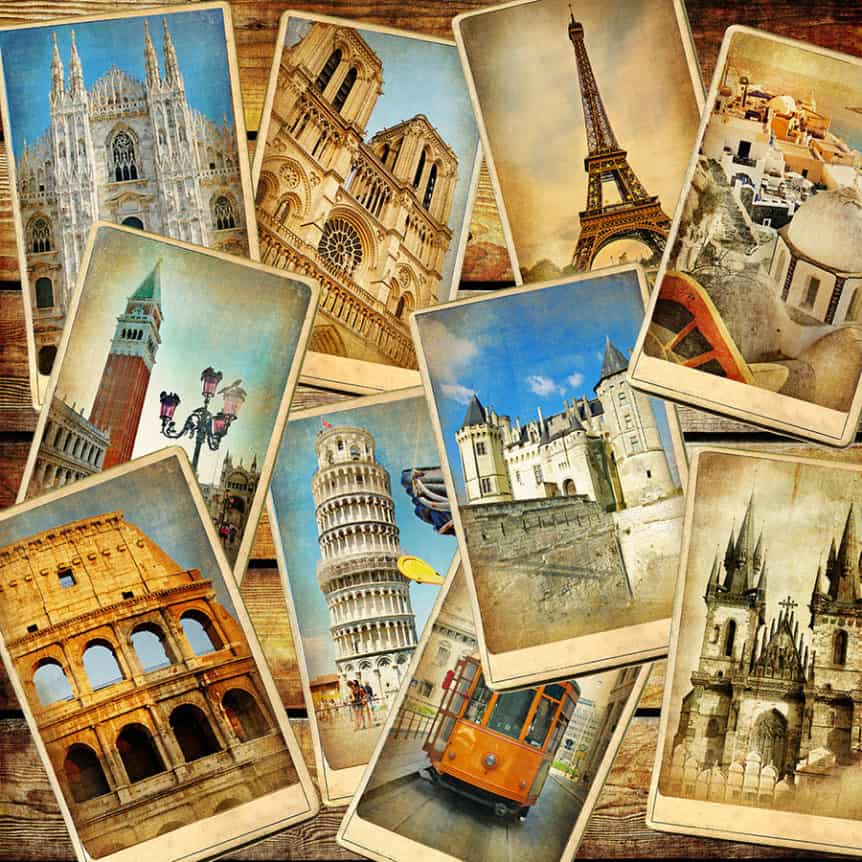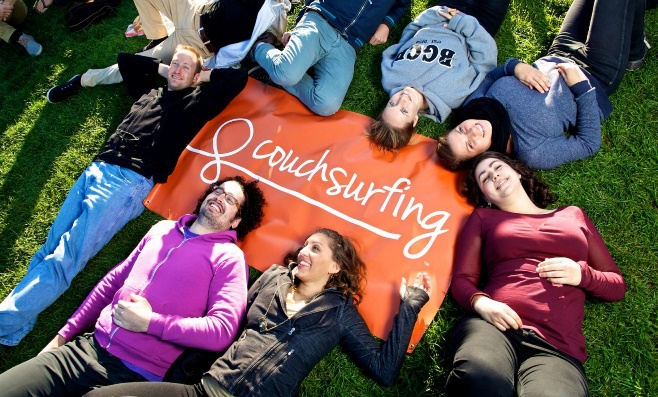Traveling is not only a pleasurable way to explore new places but also an opportunity to learn about different cultures and meet people from around the world. Traveling allows one to become more open-minded and embrace the world in all its beauty and diversity. I have always enjoyed visiting other countries, and Europe remains one of my favorite destinations since I see it as a small corner of the planet connecting a great variety of cultures.

Unfortunately, even though this continent is a patchwork of attractions and mentalities, European journeys can sometimes be too expensive. At the same time, my personal experience proves that it is possible to enjoy Europe without spending huge amounts on accommodation and guided tours. After my trip to Rome, where I explored the city in an unconventional but exciting way, I became especially interested in economic traveling. Further, I will focus on three things that can be done with minimum expenses: how to find cheap flights, where to stay, and what to see in Europe.
How to Save on Air Travel?
An important question that every traveler is concerned about is how to save on air travel. Europe is a relatively small continent, where the system of cheap air travel is rather developed. As a result, there is a wide variety of low-cost airlines, which I prefer to use myself, such as Iberia Express, Wizz Air, and Transavia. Low-cost airline companies may serve both rare and traditional routes. For example, Ryanair connects “a myriad of regional airports thus serving many exclusive routes,” while Easyjet “serves mainly larger airports,” write Dobruszkes et al. in their research on transport management (50). Therefore, choosing these airlines, tourists may both enjoy a cheap flight and travel to any part of Europe.
I also support the trend of backpack tourism, especially on a short-term vacation. Leaving large suitcases behind, you do not only save on luggage fares but also make your journey more enjoyable. Since Europe is a small continent, a traveler may want to explore other places, which happened to me in Italy, when I suddenly decided to visit Spain as well. For trips to other cities and countries, be it air travel or a bus ride, it is enough to take a backpack or a small suitcase. In my experience, I realized that among many things that we take with us, time is what is never enough.
Where to stay?
Both experienced budget travelers and beginners often struggle with finding cheap and comfortable accommodation. I have always been an active client of Airbnb, which is one of the most popular platforms for renting accommodation at different prices. However, the role of this online renting system has changed over time. According to Oskam, today, Airbnb leads to the “touristification of neighbourhoods in the context of broader economic and ideological shifts” (1). Indeed, tourists may find themselves in entire touristic districts, where it becomes impossible to enjoy the authentic European spirit.

In contrast, I would recommend budget travelers a different type of accommodation. Couch surfing, which is a non-commercial accommodation type, “represents a strong departure from traditional mass tourism towards a more authenticity-driven and transformative style of travel,” write Decrop et al. in their publication about collaborative tourism (71). Indeed, this relatively new form of tourism contributes to strengthening contacts between tourists and local people. In my couch surfing experience in Rome, I learned many things about the city and its local traditions from the host, which is different from mass tourism and is much more exciting.
What to see?
What can better than to explore a cozy European city? Europe is a treasury of historical places, magnificent architecture, and breathtaking sceneries. Today, guided tours remain one of the most common ways to see the main attractions. However, to enjoy authentic Europe, travelers may visit places remote from the popular tourist destinations or walk around narrow European streets. “Often the best Florence experiences are when we take this unexpected turn and get lost…in the most adventurous sense,” writes Plumridge about her journey to Florence (1). I enjoy going off the road myself: at the age of mass tourism, it becomes difficult to stay alone with Europe. Moreover, you can always visit the common touristic places yourself, without overpaying. Therefore, a simple walk around the cobbled European streets and the tiny secret corners of the city may save your money and create a real European atmosphere.

Another unusual way of traveling is connected with sustainable tourism, which I would like to try myself. Batabyal and Das state that nowadays, special attention is paid to “ecotourism, eco-museums and environmental education” (xvi). This form of tourism implies that a traveler visits undisturbed areas without damaging the environment. Not everyone would like to go camping instead of staying in a hotel. However, if you are an adventurous traveler, this form of tourism may leave the brightest memories, as well as save some euros on accommodation, dinner at the restaurant, and other city experiences.
In conclusion, I would like to say once again that traveling is what opens people’s horizons and enriches their knowledge about other cultures and mentalities. In my experience, I faced the problem when traveling to Europe was unaffordable; however, today, there are many ways to save money and enjoy traveling at the same time. Budget traveling does not only reduce extra expenses but may also help you feel like a local and enjoy every unforgettable European experience.

Works Cited
Batabyal, Debasish, and Dillip Kumar Das. Global Trends, Practices, and Challenges in Contemporary Tourism and Hospitality Management. IGI Global, 2019.
Decrop, Alain, et al. “Couchsurfing has Made Me a Better Person and the World a Better Place”: The Transformative Power of Collaborative Tourism Experiences.” Journal of Travel & Tourism Marketing, vol. 35, no. 1, 2017, pp. 57–72. doi:10.1080/10548408.2017.1307159
Dobruszkes, Frederic, et al. “Hello Major Airports, Goodbye Regional Airports? Recent Changes in European and US Low-Cost Airline Airport Choice.” Journal of Air Transport Management, vol. 59, 2017, pp. 50–62. doi:10.1016/j.jairtraman.2016.11.005
Oskam, Jeroen A. The Future of Airbnb and the “Sharing Economy”: The Collaborative Consumption of Our Cities. Channel View Publications, 2019.
Plumridge, Nardia. Lost in Florence: An Insider’s Guide to the Best Places to Eat, Drink and Explore. Hardie Grant Travel, 2019.